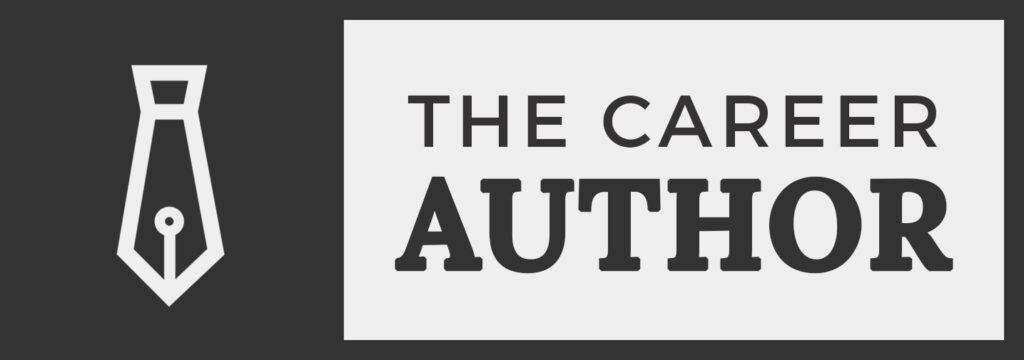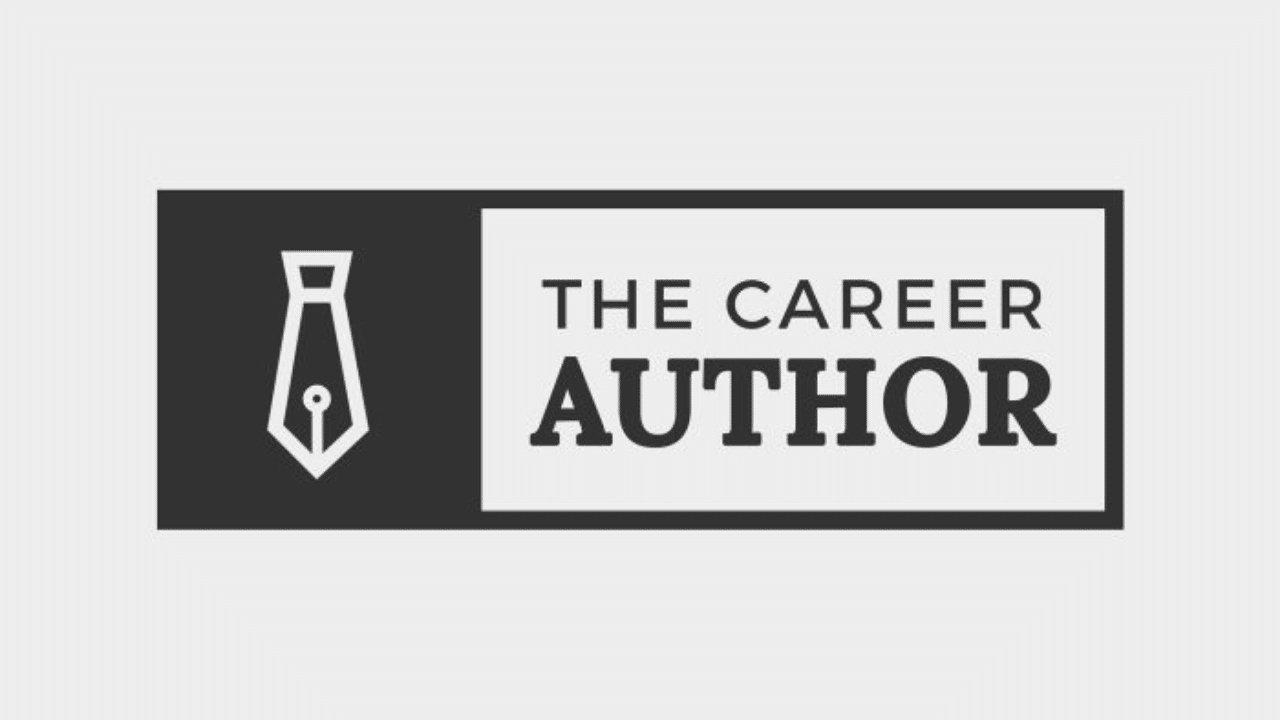The Editing Process
Finishing the first draft of a novel is an amazing accomplishment. If you’ve done that, then you’ve done something that most people will never have the discipline or drive to do. But you can’t sit back and relax too long because the real work begins when your draft is complete.
Between the two of them, Zach and J. have published dozens of books. They’ve gone through the process of self-editing and working with professional editors with every project. Listen as they take a deep dive into their individual processes, collaborative process, and working with other authors’ manuscripts.
The Career Author Podcast is a podcast where co-authors J. Thorn and Zach Bohannon share their struggles and successes as full-time authors, advice for improving your writing craft, and honest discussions of what it takes to build a successful career as an author.
In this episode, you’ll discover:
- Whether or not you should edit during your first draft
- How much time to wait between your first draft and first revision
- What things to focus on during each revision
- What editing software J. and Zach use
- When it’s time to send your book off to an editor
- How to know when your book is ‘done’ and ready to publish
Also in this episode, Zach recommends a great book on editing.
Send us your ways and hacks – https://thecareerauthor.com/waysandhacks/
Leave us a comment: How do you approach editing a manuscript?
Thanks to our Patrons.
Podcast sponsored by Kobo Writing Life – https://writinglife.kobobooks.com
Get exclusive bonus content by supporting The Career Author Podcast on Patreon at www.patreon.com/thecareerauthor
Want to work with us? Get the details at https://thecareerauthor.com/services/
Links:
Self-Editing For Fiction Writers by Renni Browne and Dave King – https://www.amazon.com/dp/B003JBI2YI/
Secret Powers of the Author Mastermind: How to Transform from Struggling Writer to Career Author – https://books2read.com/authormastermind
Co-writing a Book Mini Course with Joanna Penn – https://creative-penn-courses.teachable.com/p/co-writing-a-book
Write Away Podcast with Crys Cain – https://writeawaypodcast.com/
The Career Author YouTube Channel – https://www.youtube.com/thecareerauthor
Three Story Method – https://books2read.com/threestorymethod
Three Story Method Workbook – https://amzn.to/37SAR1a
Molten Universe Media – http://www.moltenuniversemedia.com
Events – https://thecareerauthor.com/events/


Comments
8 responses to “The Career Author Podcast: Episode 125 – The Editing Process”
Morning guys.
Great hack today Zach. I have the book; it’s well worth a read or two.
I typed my first novel with a second hand typewriter with a wonky a before the IBM PC was invented. Editing typed manuscripts was a nightmare. I may still have a typed version of my first manuscript in my attic, along with the monster I keep chained up there.
The IBM PC was way out of my budget so I bought an Amstrad PCW. Green on black screen and 256 KB Ram with a floppy disk drive and dot matrix printer. Happy days.
Back to editing. I highly recommend ProWriting Aid – it is the Rolls Royce of editing software. I was lucky to get a cheap lifetime licence when it started. They have an excellent website with lots of teaching videos, watch some to see the power of PWA and decide whether it’s worth the money for you.
Now that I have a computer I edit yesterday’s work before I continue writing. I read it aloud for flow then make necessary changes before I start today’s writing.
I think the two best things to use for self-editing are reading out loud and time lapse.
When you read with your eyes you miss things because your eyes read what they expect to see. The beauty of reading out loud is flow. You can hear when your words don’t sound right; your eyes will never tell you that.
Time lapse is also a valuable tool. If anyone needs convincing, find some writing you did years ago and you will see how valuable time lapse is as an editing tool.
But time lapse conflicts with today’s rapid release writing, although paying bills is important. However, is rapid release the reason few Indies have written bestsellers? Note, I said few, not none and by bestseller I mean long term not spike.
Maybe it is worth spending more time on a manuscript in the background, whilst at the same time feeding the ravenous beast that is rapid release.
When I have completed a novel I put my manuscript through PWA, (which integrates with Word and Scrivener) and make appropriate corrections then I read it out loud as a final pass.
I choose not to send my work to an editor. Partly because I am writing in multi genres and partly because I am happy with my Beta reader, lovely wifey Denise, and I don’t have to pay her any money… Also I am a strong believer in “there are no rules” and “there are no musts” in this Indie world.
Great show.
Hey Chris! I wish I hadn’t renewed my Grammarly subscription last month otherwise I’d give PWA a spin.
Yay! Comments finally appeared today (Friday). PWA sometimes have lifetime licence discount deals; I see them on FB. One edit I don’t recall you mentioning is the editing of a scene. Could that be a future discussion? Writing a scene one week and then editing a scene the following week. A brilliant book to read on this is “Make a Scene,” by Jordan E. Rosenfeld. I highly recommend it.
My process has evolved. I will say that I use to do multiple edits, and yes I still print out the draft and go through them with a red pen. I might try again to go through a draft on the screen, but I am afraid I am going to miss something.
Zero draft-print and edit, revise by typing it back into the doc.
First drat-kitchen sink, add everything I think I might need into it.
Second draft, send to copy editor, and then publish.
That is what my new process has become.
It’ll probably continue to evolve.
When I’m first drafting, I do read what I wrote the previous day before I start writing. Mostly to get back into my character’s head. I try not to edit as I write, but sometimes I find myself doing it without even realizing it.
I think I’ve gotten better at writing a first draft the more I write. My first book has never seen the light of day! I wrote a novel for NaNoWriMo last November and I was really pleased with my first draft. I had to change the opening scene a couple of times, but nothing like the page one rewrites I’ve done for a couple of other books. It was the cleanest first draft I’ve ever written.
I do let my first draft sit for at least a couple of weeks. Once I go back to it, I read it through quickly, like I’d read something for pleasure. I make notes on what needs to be done. At that point, I only fix things if they are super quick, like typos or simple grammar issues. Then I go back and fix the biggest thing first, because I don’t want to spend a bunch of time on little things in case they end up getting cut. I drill down deeper with each draft. So far, I only do about four drafts.
When I get on a roll in a first draft, I’ll often skip things like battle or fight scenes and sex scenes. Sex scenes are difficult to write! I also have to stop to find the right playlist. I love listening to Two Steps From Hell when I write battle or fight scenes. In a first draft, I also skip anything that requires description, if I don’t have it immediately to mind. I write historical fiction, so accuracy is important, and I don’t want to have to pause to remember what food might have been available at a certain time of year, or whether this character was rich enough to wear clothing dyed a certain way.
I used to hate editing/revising/rewriting. Now I think of it as a challenge, like a puzzle, and it’s more fun.
Ha! I tried writing one once. Never again. LOL!
I’m with you…music can make or break my writing sessions!